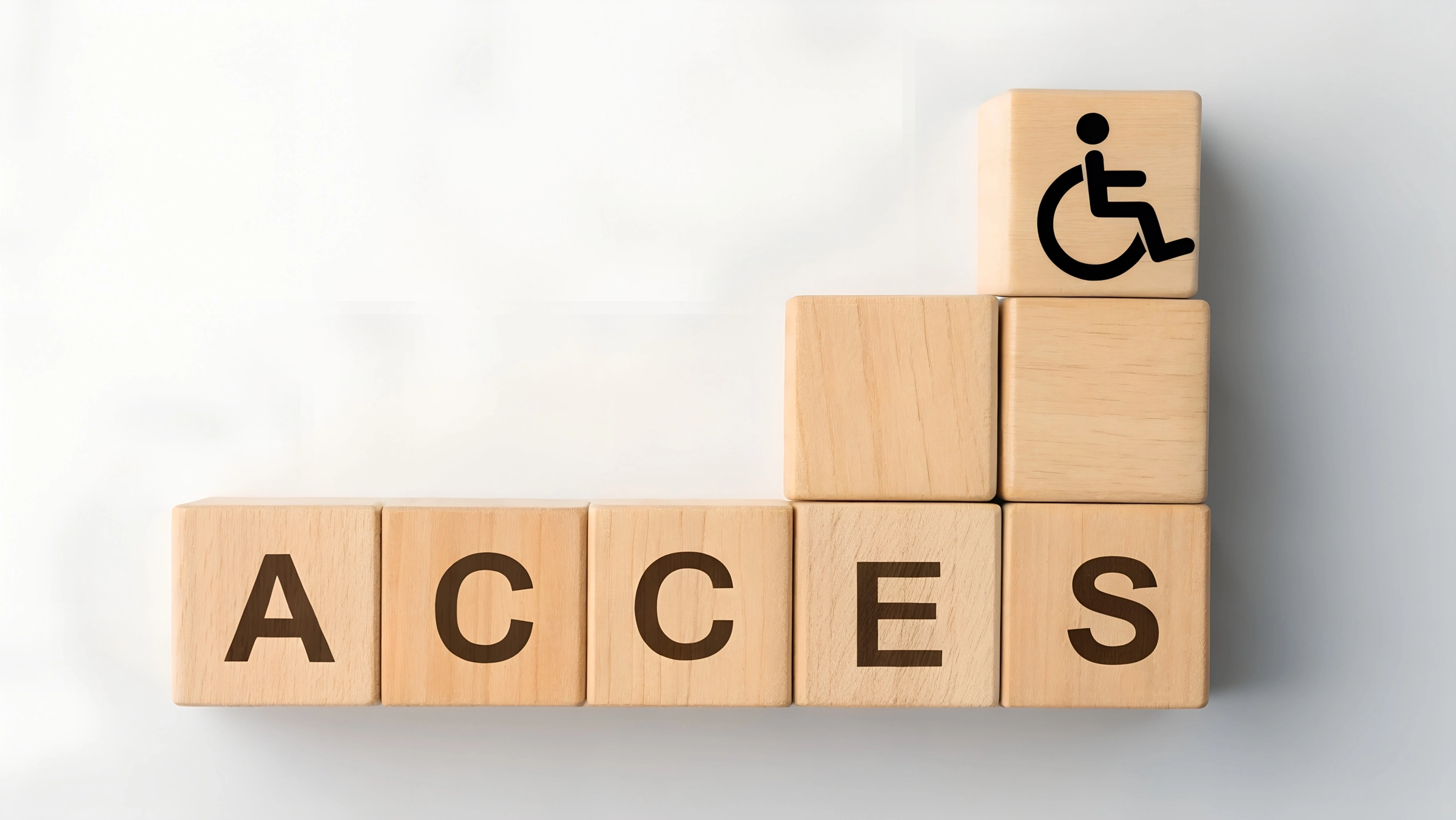Introduction
If you’re a small business owner, it’s essential to understand how your tax system works. A good start is to ensure you have a solid grasp of the basics: what deductions are available, how much to expect in payments, and so on. But more advanced strategies can help you get more out of your business tax return by taking advantage of deductions and credits. For example:
Make sure you have strong cash flow.
Cash flow measures your business’s ability to pay its bills, generate income, and fund growth. It’s also one of the most critical aspects of your business because it allows you to make strategic decisions about how much money you want to keep in reserve and how much should be invested back into the operation.
It all comes down to this: if there isn’t enough cash flow, it can cause problems for any company at any stage of development (including yours). When cash flow is low or negative, it may mean that there’s not enough money being generated by sales or other sources like investments or dividends collected from stockholders; this means that companies need more capital than they currently have available so they can continue operating successfully without running out of funds before their needs are adequately met!
Open a bank account for your business.
One of the best ways to save on taxes is to open a bank account for your business. You can use this account to pay for expenses, like payroll and rent, as well as income and taxes.
The best way to do this is by opening an interest-bearing check account with a local bank that’s willing to offer services at no cost or low cost (depending on your needs). Then ensure you keep all receipts handy when paying bills from this account so they’ll be reflected in its balance each time they’re paid out.
Maximize tax deductions for a rental property.
Consider renting out your home as a way to generate rental income. If you choose this option, you must manage your finances carefully so that the right amount of money is coming in and going out each month.
Rentals are taxed at a lower rate than other types of income—as well as being able to offset other taxable income while reducing taxable income itself. This makes them an excellent tool for tax planning when used correctly!
You may be surprised to learn that tax planning is just as crucial for your business as it is for an individual.
Tax planning is an essential skill for businesses because it helps them achieve their goals and reduce the taxes they have to pay. For example, suppose you own a rental property with tenants. In that case, this can be used to reduce your taxable income effectively because any profit generated by renting out these properties will be considered non-business income rather than business income when calculating how much money you owe the ATO each year (and hopefully less!).
Conclusion
As you can see, there are many ways to save money on your business taxes. This is an area where it pays to be diligent about planning for the future. Remember to record all deductions, especially those that could be more clear-cut or easy to prove. You should also talk with an accountant about these strategies before implementing them so they’ll work properly for your specific situation.
Sometimes, ensuring all of your assets, taxes, and money are handled appropriately is challenging. But we’ve got good news for you! By downloading our FREE Ebook How to Slash Your Tax Legally, you’ll get a guide to help you minimise your tax effectively!
Please Note: Many of the comments in this publication are general in nature and anyone intending to apply the information to practical circumstances should seek professional advice to independently verify their interpretation and the information’s applicability to their particular circumstances.






